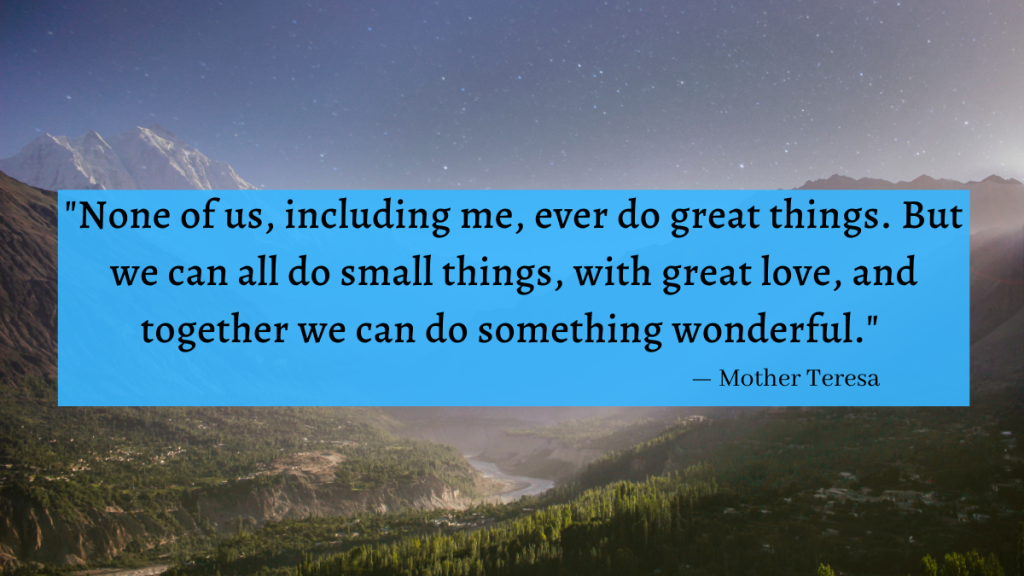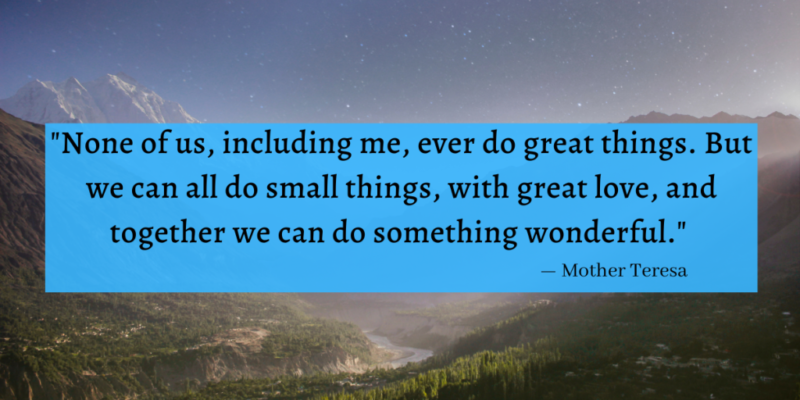Wouldn’t it be nice if mental health was simple? If we could do one or two things, and that would solve our problems? I’d love that. One of the aspects of mental illness I dislike the most is how persistent it is. I’ll be going on about my day, trying to get tasks done, and then feel a flash of anxiety. Or I will get sad for no reason at all, as if the world is closing in on me. I know I’m not alone in feeling this way; for millions of people, it is a daily challenge. Some days I’m up to the challenge; other days…not so much. But regardless of what I’m able to do in that moment, I’ve learned something over the years that has brought peace and understanding in hard times. We can try our best to look after mental health, but it’s not only up to us. And more than that, it’s a myth that it ever was.
I’m not writing this to say that someone else is responsible for your mental health or wellness. At the end of the day, your mental health is your own, and that is extremely important to remember. But mental health is more than doing self-care when we need it. It’s more than putting ourselves first, or getting the help we need. There’s a huge aspect of mental health that doesn’t get talked about enough. It’s the reality that many things that impact our mental health are out of our control.
By and large, the U.S. practices an individualistic culture. From the Brown Political Review:
“Defined by Dr. Hofstede, people from individualistic cultures like the United States and Western Europe, “are highly independent and have strong feelings of autonomy within the group.”
Brown Political Review
This article also notes that “Americans are more likely to prioritize themselves over a group, and they value independence and autonomy.” Obviously this is not a hard and fast rule, as there are many people who don’t act this way. But this aspect of American culture seeps into many areas of life – including mental health.
Although we are responsible for our mental health, there are many things out of our control. Getting an appointment with a therapist or other mental health professional is rarely as easy as it seems. We can support taking mental health days at work or school, but what if the timing isn’t right? What if there are things we need to get done right now, and our mental health can’t wait? Well that’s your problem, we get told. Deal with it. And since we’re all different people, we learn to “deal with it” in many different ways – not all of them healthy.
I am all for self-care and doing what you need to look after your mental health. But we can’t keep telling people they are on their own when it comes to mental health, especially when we don’t have the mechanisms in place to help them. We can’t drag people along, all the while being ready to leave them behind. We need to meet people where they’re at, and set them up for success.
This goes beyond life hacks, beyond easy tips and advice designed to “stop your depression.” Our cultural attitude toward mental health needs to shift – from individual to collective, from isolation to community. The more we can do that, the better change we will see.












